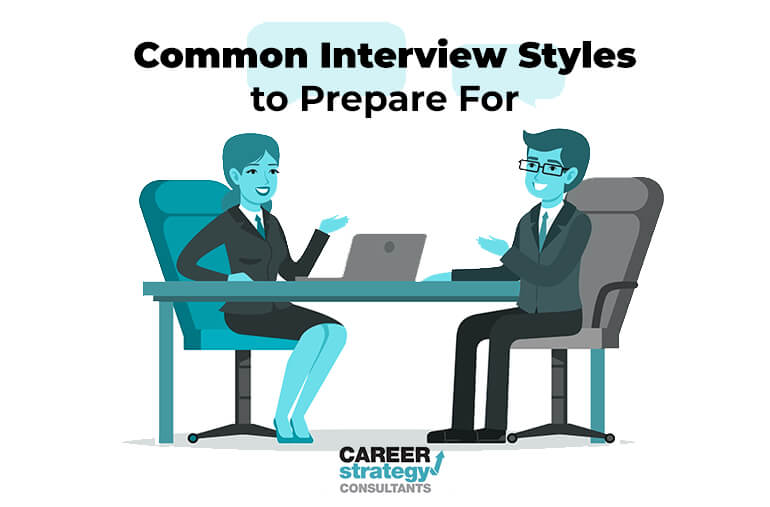Common Interview Styles to Prepare For


Whether you’re interviewing for an entry-level or C-Suite position, you will likely encounter at least one of the three following interviewing styles by the potential prospective employer, staffing agency, or headhunter.
Our team of recruiters has found it to be vital to an applicant’s success interviewing to understand and be aware of these styles and prepare for them accordingly. Nearly all employers utilize a variation of any (or all) of these three styles in an effort to better understand, analyze, and evaluate an applicant’s knowledge, skills, and abilities to ultimately help them determine whether or not the individual would be a strong fit for the company. It is the applicant’s responsibility to decipher the style of interview being conducted and have a response prepared to provide.
Behavioral Interviews
One of the most common interview styles hiring managers use is behavioral interviewing.
Behavior Interviews focus on the applicant’s past experiences and performance in current or previous positions and how that can be positively applied to the position they’re interviewing for. This strategy is based on the belief that past experiences and actions can predict future actions and provide a better idea of whether or not the applicant can be successful in the position.

We strongly encourage preparing responses for this style of interviewing based on the STAR method (Situation, Task, Action, and Result).
Situational or Case Interviews
Hiring managers will utilize this method in an effort to analyze a candidate’s ability to perform various tasks and/or responsibilities that would be expected of them for the position the company is hiring for.
A hiring manager may provide sample tasks, a hypothetical situation, or ask questions that are relevant to real-world situations the individual may be subjected to within the role. The way an applicant responds to these questions or tasks typically provides the hiring manager with a better understanding of their knowledge, skills, and abilities along with how compatible they are for the position and with the company.
Stress Interviews
Hiring managers take advantage of this interview style to determine whether or not an applicant can handle the average amount of stress that’s expected for this position.

In these situations, it is common for the interviewer to push certain boundaries or add pressure by including unanticipated questions or requesting on the spot demonstrations in an effort to make the applicant uncomfortable. For supervisory or management positions, this interview-style assists the hiring manager in determining the applicant’s motivators, communication skills, organization, conflict resolution skills, analytical capabilities, time management skills, and their overall ability to successfully lead a team.
We hope you found this information helpful. For more information or any questions, please feel free to reach out to us!

More Than Just Staffing
For Employers
For Individuals
